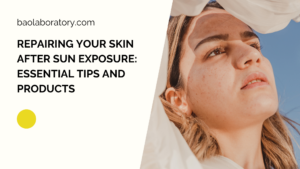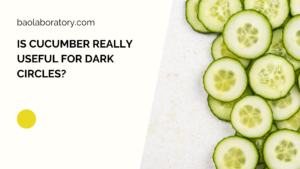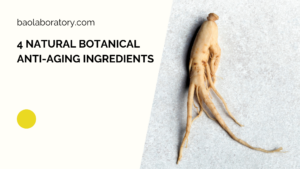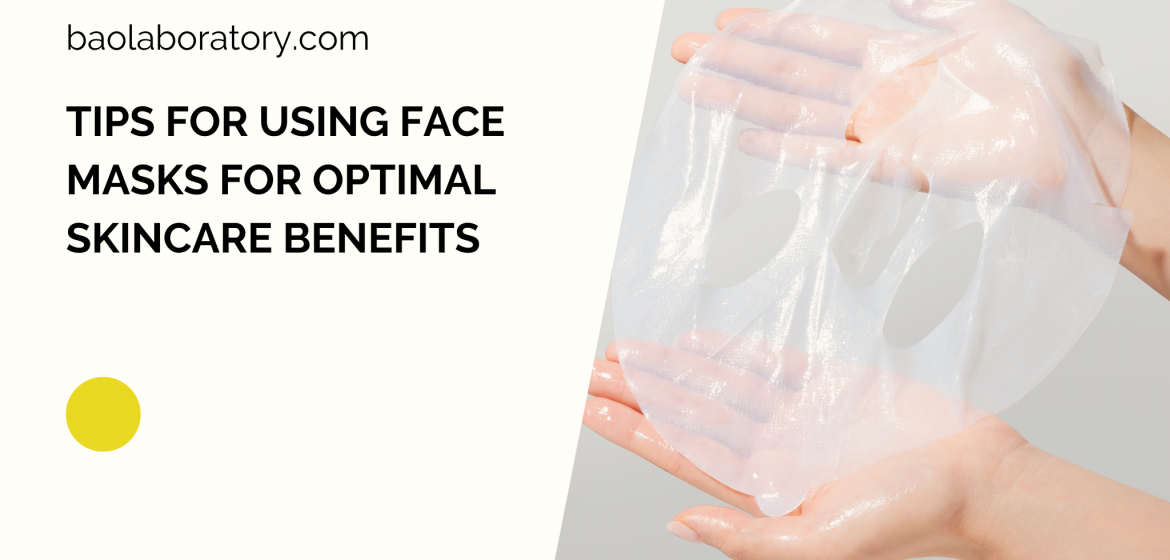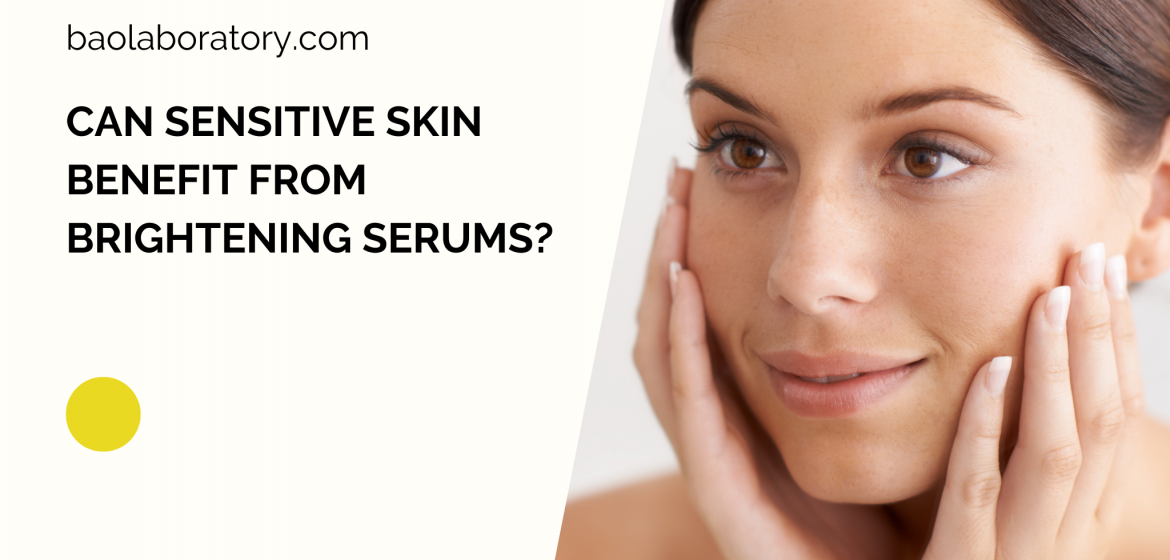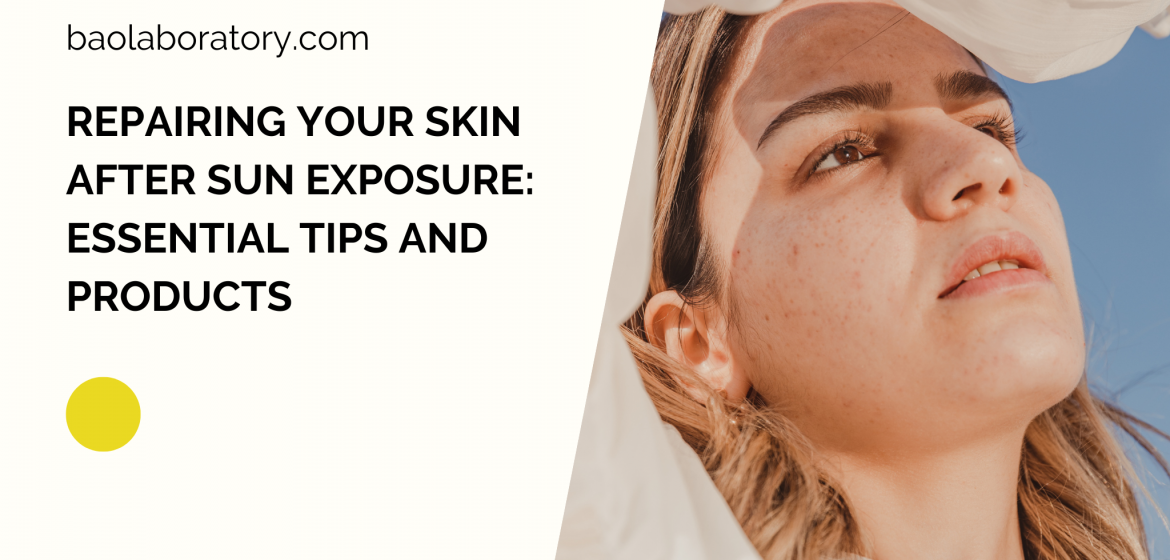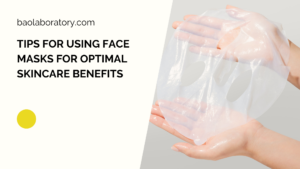
- Home
- /
- Skin Solutions
- /
- Jojoba Oil for Oily Face: Benefits and How To Use It
Can I use jojoba oil if I have oily skin or acne-prone skin?
Although it is an oil, jojoba oil closely resembles the natural sebum produced by our skin. This similarity allows it to regulate and balance oil production, which can help control excessive oiliness in the skin. By providing the right amount of moisture, jojoba oil helps signal to the skin that it doesn’t need to produce as much oil, thus reducing the chances of clogged pores and breakouts.
Additionally, jojoba oil is non-comedogenic, meaning it doesn’t clog pores. This makes it a suitable choice for acne-prone skin, as it won’t exacerbate existing breakouts or lead to new ones. It can even help to dissolve excess sebum and unclog pores, reducing the occurrence of blackheads and whiteheads.
How can I add Jojoba oil to my skincare routine?
Cleansing: Use jojoba oil as a makeup remover or as a first step in double cleansing. Apply a few drops of jojoba oil to a cotton pad and gently massage it over your face to remove makeup, dirt, and excess sebum. Follow up with a water-based cleanser to remove any remaining residue.
Moisturizer: Contrary to what you might expect, jojoba oil can actually help balance the oil production in your skin. After cleansing and toning, take a few drops of jojoba oil and massage it into your skin. It will provide lightweight hydration without leaving a greasy residue. Start with a small amount and adjust based on how your skin reacts.
Spot treatment: If you have any dry patches or areas of irritation, you can apply a small amount of jojoba oil to those specific areas. Its moisturizing properties can help soothe and nourish those areas without clogging your pores.
Makeup primer: Jojoba oil can also work as a natural makeup primer for oily skin. Apply a small amount to your face before applying foundation or other makeup products. It can help create a smooth canvas for makeup application while keeping your skin moisturized.



